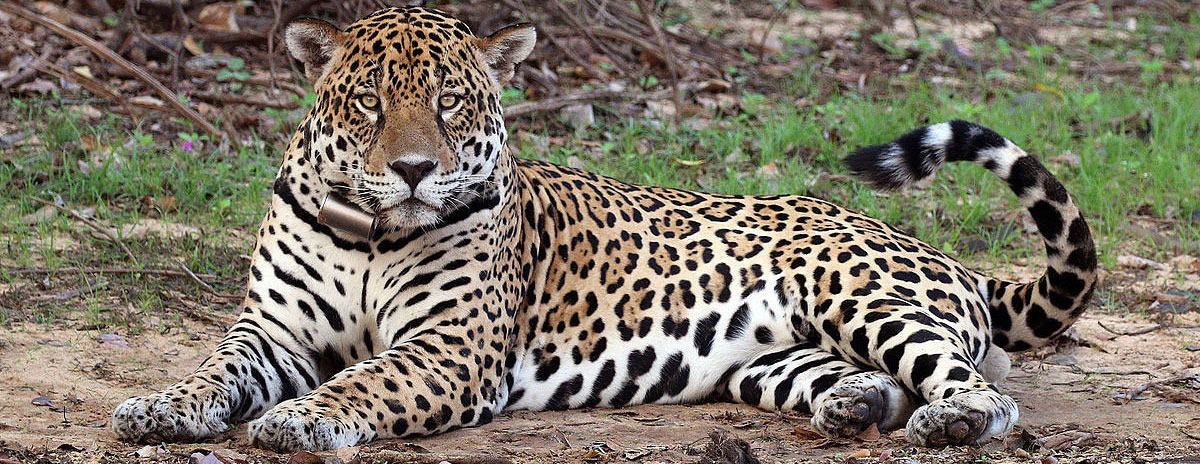Video showing Black Footed Ferrets being released in to the wild in Colorado:
More info: Black-footed ferrets are one of the most endangered mammals in North America and are the only ferret species native to the continent. Black-footed ferrets are also known as American polecats or prairie dog hunters.
Black-footed ferrets once ranged throughout the North American Great Plains wherever prairie dog colonies thrived, from southern Canada to northern Mexico. At one time they were thought to be extinct until a small population was discovered in 1981. Thanks to breeding and reintroduction programs they have been reintroduced into parts of their former range in Wyoming, South Dakota, Montana and Arizona. Although great strides have been made to recover the black-footed ferret, habitat loss and disease remain key threats to this highly endangered species.
Ferrets have a high metabolic rate and require large quantities of food in proportion to their body size. In the wild, 90 percent of black-footed ferrets' diet is prairie dogs. One ferret may eat over 100 prairie dogs in a year, and scientists calculate that one ferret family needs more than 250 prairie dogs each year. The remainder of their diet includes mice, rats, ground squirrels, rabbits, birds and occasionally reptiles and insects.
Black-footed ferrets lead solitary lives, except during the breeding season. They are primarily nocturnal and spend most of their time underground and only surfacing to hunt, find new burrows or mates. Few black-footed ferrets live beyond 3-4 years of age in the wild. They typically live to be about 4 years old in human care.
Additional Information:
blackfootedferret.org
The United States Fish and Wildlife Service
The Nature Conservancy


